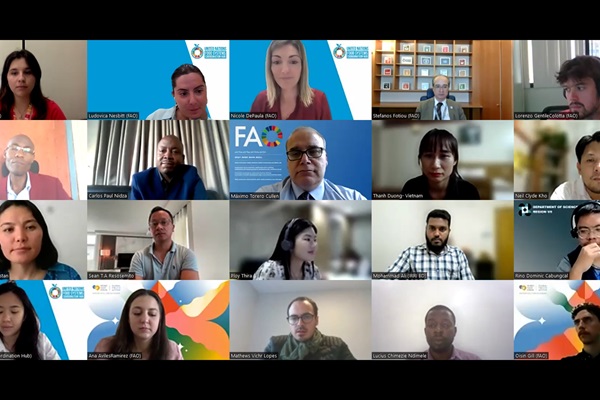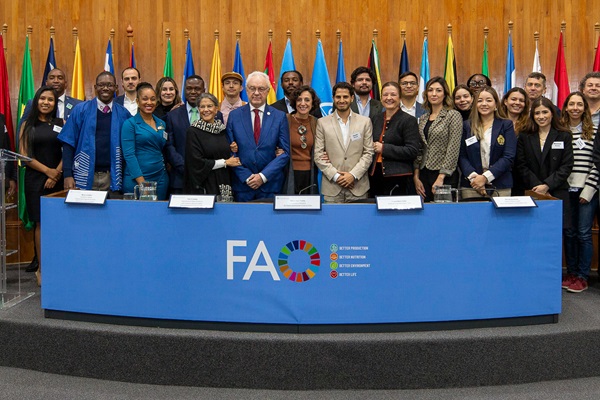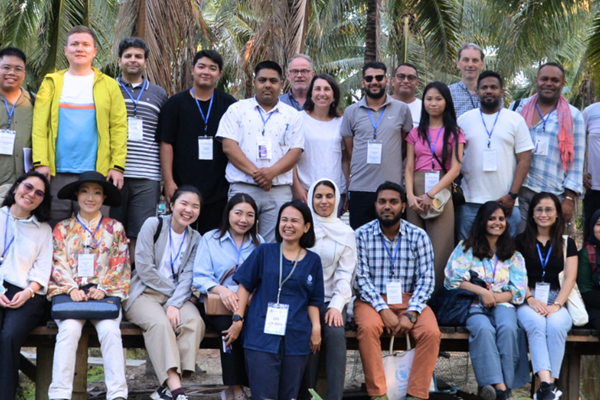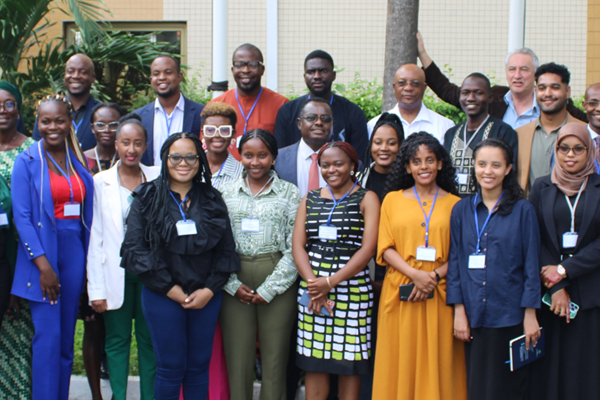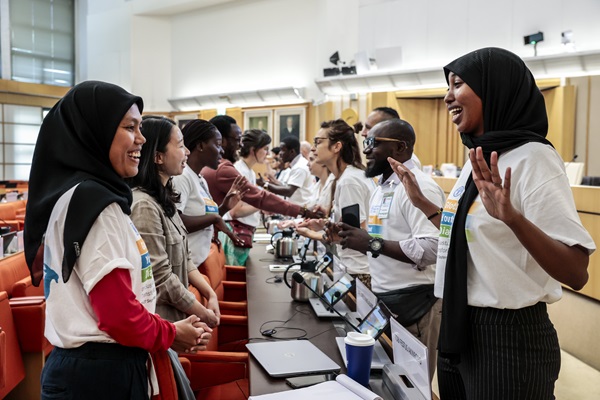Launch of the UNFSS+4 Youth Declaration for Food Systems Transformation
Following an extensive consultative process which engaged more than 3000 young people from across all regions, the UNFSS+4 Youth Declaration has been launched. With a powerful call to action and regional priorities, youth globally have called on stakeholders to take urgent and decisive action at UNFSS+4 and beyond.
.jpg?sfvrsn=af3a0b57_6)
.jpg?sfvrsn=c4c077a0_7)
PREPARATORY YOUTH CONFERENCE FOR UNFSS+4
Young leaders convene in Bangkok to drive global food systems reform
May 15–16, 2025 | Bangkok, Thailand
Over 100 young changemakers from more than 50 countries gathered in Bangkok to drive global food systems transformation ahead of the 2nd UN Food Systems Summit Stocktake (UNFSS+4) in July 2025. Organized by the UN Food Systems Coordination Hub, FAO, and the World Food Forum Youth Initiative, the event showcased youth-led, community-based solutions to food insecurity and climate change. Participants, including alumni of the Youth Leadership Programme, shared initiatives ranging from national food banks to sustainable farming practices. The conference built on insights from six global youth consultations and will culminate in a Youth Declaration calling for inclusive, participatory decision-making in food systems. Speakers stressed that amid climate shocks, conflict, and economic instability, youth are key to reshaping food systems to be more just, resilient, and sustainable. Outcomes from the conference will inform UNFSS+4 and feed into broader efforts, including the World Food Forum flagship event and COP30.
We are on a mission to empower young leaders to transform global food systems for a resilient, sustainable, and equitable future.
Discover the Food Systems Youth Leadership Programme
The Food Systems Youth Leadership Programme (YLP), implemented by the UN Food Systems Coordination Hub (the Hub) and FAO Regional Offices, is a crucial step toward the future.
Through our flagship initiative, we provide youth with cutting-edge skills and knowledge to drive sustainable policy changes. In response to the United Nations Secretary General’s Call to Action for Accelerated Food Systems Transformation (FST), we are aligning efforts with the Sustainable Development Goals (SDGs) to create impactful, action-oriented solutions.
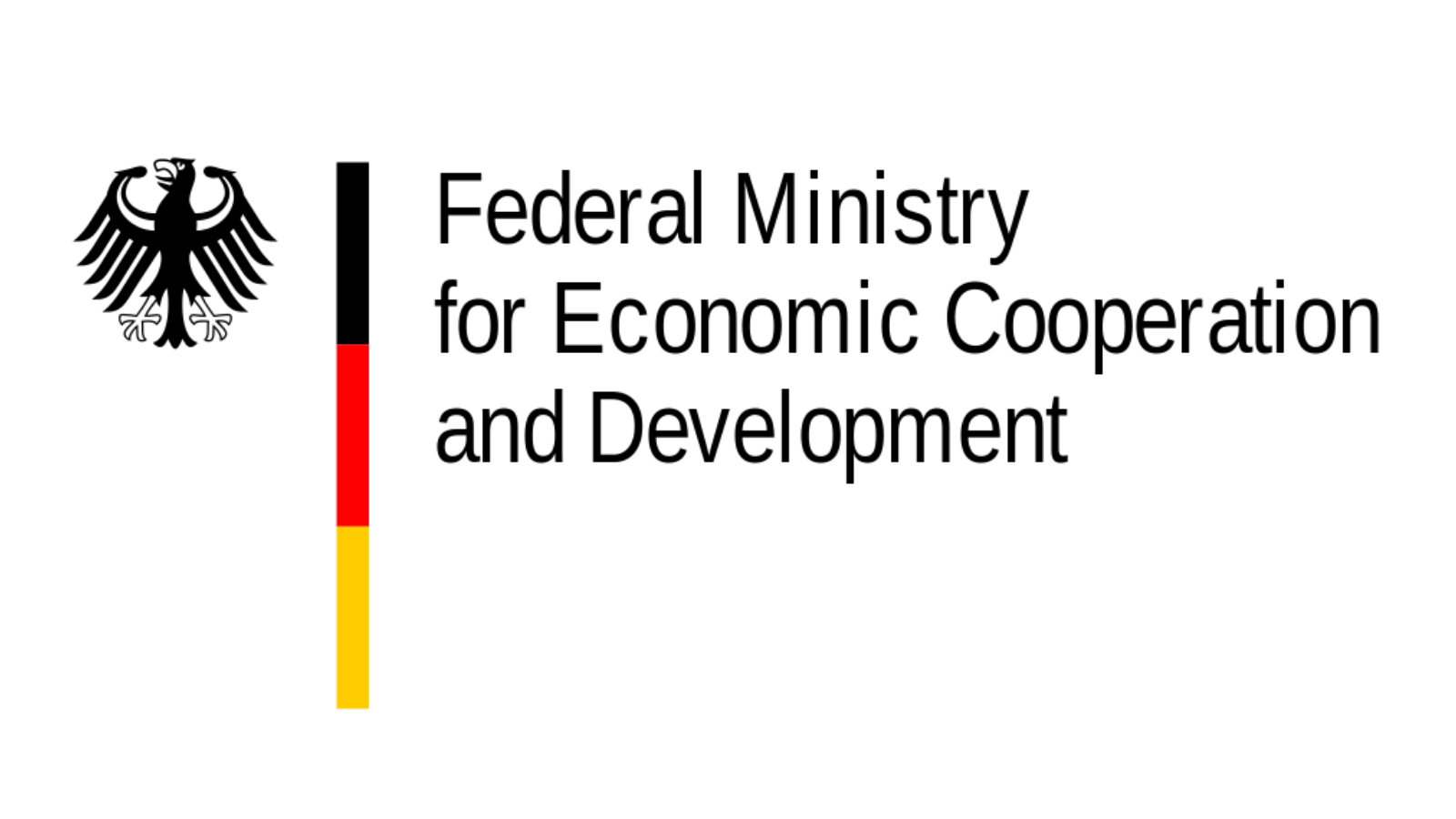
This Programme is made possible by the generous support of the German Federal Ministry for Economic Cooperation and Development.

The Vision
We focus on tackling long-term challenges hindering the implementation of policy directionality for food systems transformation.
We strive to have a lasting impact on tackling these challenges by coordinating and facilitating the provision of systemic, demand-driven customized support to translate these countries’ commitments into practical actions and prepare the youth for the 2025 UN Food Systems Summit +4 Stocktake (UNFSS+4).
-session.jpg?sfvrsn=7f1a3c3f_5)
Our Approach
The Programme invests in transformational leadership, both across stakeholders and bureaucracies, to revitalize planning capacities for sustainable food systems. By encouraging ownership of the regional narratives and respecting local realities, the Programme encourages science-based, inclusive science-policy-society processes and partnerships to stimulate accountable leadership and responsive institutions.
The project is designed under the assumption that leadership transformation requires systemic changes at the levels of:
- People
- Processes
- Institutions
- Markets
The Programme is based on the fundamental assumption that “gradual institutional change can be understood as an evolutionary process.” Leadership transformation is a non-linear process where leaders (people) work with teams beyond their immediate self-interests to identify needed change (processes), creating a vision to guide the change through influence, inspiration, and executing the change in tandem with committed members (institutions). Given the realization that the implementation and acceleration of the SDGs will not happen without the private sector, a leadership transformation requires that the results inspire the establishment and marketization of new innovative businesses (markets). By focusing on the cycle of “People Processes Institutions Markets”, the transformations became long-lasting and sustainable.
The Objectives
The Programme engages early career professionals, public servants, the private sector, and young civil society leaders, especially female and Indigenous leaders, along with market entities to formulate holistic action-oriented policy guidance on SDG-based food systems transformation. It focuses on building the next generation of agrifood systems leadership in the Global South to scale up policies for poverty reduction, healthier diets, sustainability, public health, and environmental protection. The Programme raises the profile of breakthrough solutions for science-based institutional change and knowledge sharing, enabling long-term preparedness against global shocks affecting food systems.
The Programme invests in long-term strategies to:
- Scale transformational leadership among the next generation of young leaders in the Global South.
- Enhance the directionality of policies based on new mindsets to effectively promote science-based solutions.
- Ensure transformative instead of sectoral incremental changes in public policy led by fit-for-purpose institutions.
- Seed new opportunities for sustainable business models for de-risking and repurposing finance and funding.

Our Achievements: Regional Youth Leadership Networks
We have successfully established three regional networks of nearly 100 young leaders from around 50 countries in Africa, Asia and the Pacific, and Latin America and the Caribbean that will drive the future of food systems transformation.
We started by connecting, training, and equipping them with skills to integrate systems thinking into sustainable food systems transformation processes. Through three regional 5-day in-person workshops, we established a platform for ideation and activation. We successfully began facilitating connections among promising early-career innovators, practitioners, scientists, and activists from low- and middle-income countries.
Together, we will continue to connect policy advocacy with grassroots action to shape a positive future of food, collectively.

Learn
Explored modules such as negotiations, policy advocacy, strategic communication, and evidence-based decision-making.
Get Inspired
Delved in presentations by seasoned practitioners, scientists, young global food champions, and influencers shaping the future of food systems.
Act
Co-created a community of practice, sharpened their leadership skills, and developed transformative initiatives.

Programme Content
- Governance systems: Negotiations and design of multi-stakeholder processes for food systems governance.
- Policy advocacy: Mastering leadership skills for policy advocacy, bridging the gap from global to local and vice versa. Learn how to target local, regional, and global policy processes effectively.
- Communication and storytelling for impact: Crafting impactful communication and storytelling strategies, raising awareness, and securing funds for your initiatives.
- Science and evidence-based decision-making: Building proposals and forging partnerships based on scientific evidence.
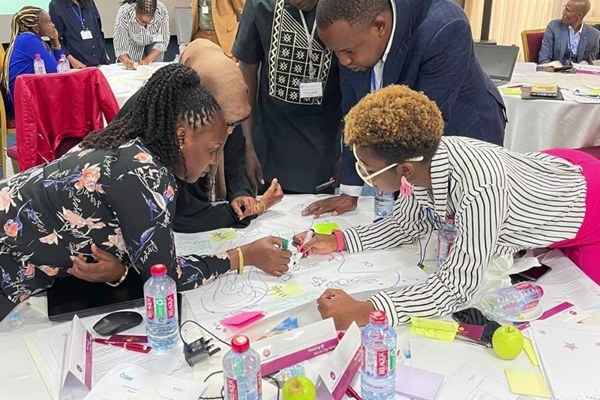
Tracking Progress: next steps!
From 2023 to 2025, our Programme unfolds in four exciting phases: ideation, activation, moving, and sustaining. After successfully completing phases one and two with the three regional workshops, our call to action is clear as we enter the next phase!
- Establish a Food Systems YLP Alumni Group: We are ready to invest in this community to maintain high engagement.
- Scale-Up Existing Initiatives: We aim to build strategic partnerships, especially with ongoing initiatives linking youth to food systems action.
- International Presence: We will leverage the connections between these young leaders and key decision-makers, notably National Convenors and UN Resident Coordinators.
Be part of this transformative journey!
Let's empower the next generation of food systems champions!

Related Links
Learn more about the Regional Workshops:
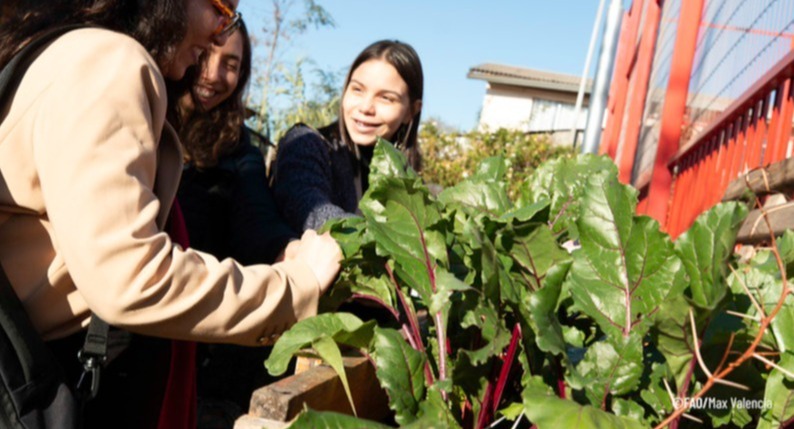
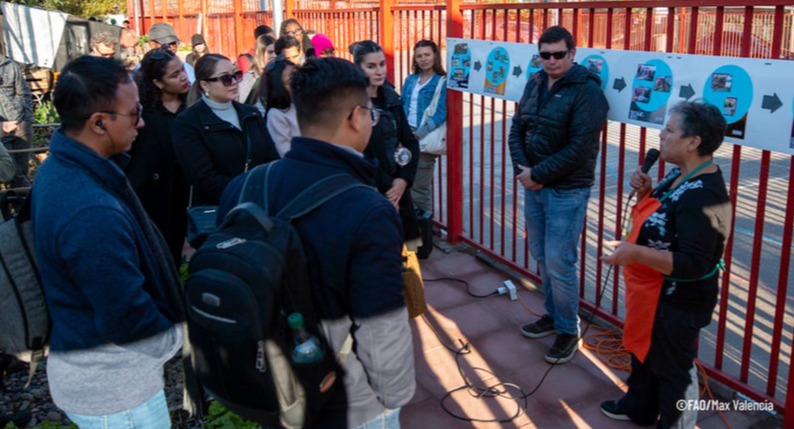
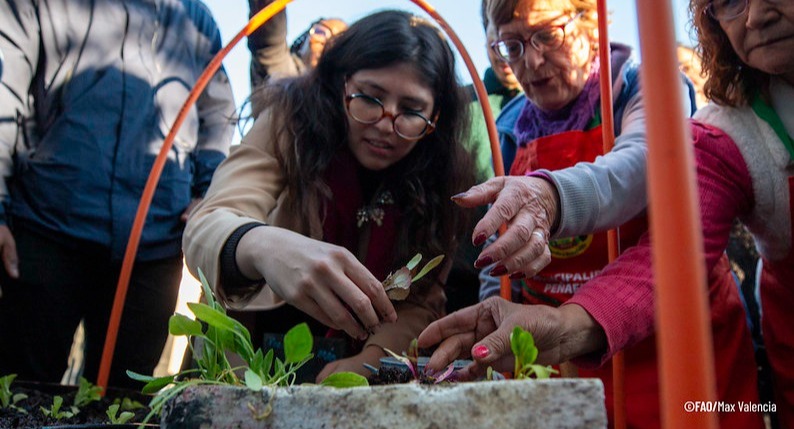
If you have questions, explore our Frequently Asked Questions section or contact us at [email protected] for more information.
Frequently Asked Questions
Age between 18-35 years old (no older than 35 by December 2023)
Nationals from low and middle-income countries (according to the World Bank classification) will be prioritized for funding.
- Engagement in Food Systems Transformation: Proven track record in actively participating in food systems transformation innovation, action, and advocacy.
- Knowledge and Expertise: Deep understanding of enablers and challenges within the food and agricultural domain through academic pursuits or practical involvement at the local, regional and/or national levels.
- Vision and Motivation: Demonstrated motivation and leadership vision to drive food systems transformation, evidenced by prior engagement in policy processes, grassroots projects, advocacy, youth empowerment, capacity development, and intergenerational dialogue.
- Commitment to Societal Service: Exhibit a commitment to societal service and a dedication to contributing towards achieving the Sustainable Development Goals (SDGs).
- Long-Term Vision: Articulate an ambitious yet realistic long-term vision for food systems transformation within the applicant's region.
- Competencies: Ability to work cooperatively in a team, value diversity, generate creative and practical solutions, take initiative for delivering high-quality work, and communicate effectively to diverse audiences.
- Holistic Approach: Profound understanding of the complex interactions and interdependencies within the food system, coupled with the skill to apply a holistic approach, considering social, economic, environmental, and cultural factors to guide transformative actions.
- Youth Constituencies and Advocacy: Demonstrated engagement and experience in youth constituencies and/or advocacy organizations.
- Stakeholder Involvement: Demonstrates engagement with key stakeholder groups, particularly those representing farmers, Indigenous communities, and women.
- Until 15 January 2024: Submit your application for the program.
- End of January: Participants selected for a scholarship are informed.
- First week of February: Participants have one week to respond to an invitation letter informing them if they accept the invitation and remain available to attend the program.
- End of February: Participants will receive program information, the agenda of the workshop, etc.
The selection will occur in one phase. Each application will be evaluated by a selection committee, convened by the UN Food Systems Coordination Hub, FAO Regional Offices and other regional partners.
Candidates will be assessed based on the following:
- Current work: priority will be given to applicants for national administrations and other public agencies related to food systems transformation.
- Academic and/or professional excellence - in the field of food and agriculture and inter-disciplinary background
- Policy advocacy/communication skills and leadership experience
- Quality of the presented motivation and project after the end of the course
- Experience in policy processes or grassroots initiatives at the local, regional, or global levels
- Personal engagement: quality of the motivation statement engagement to serve society and support a sustainable
- Track record of engagement in advocacy networks, Youth Associations, or similar organizations working to transform food systems
- Understanding of UNFSS Summit, National Pathways etc.
Upon selection, the awardee must commit an entire week (Monday to Friday) to the in-person seminar and travel.
Post-workshop, while maintaining flexibility, participants are encouraged to initiate and coordinate activities and projects aligned with the learning outcomes of the event. Active engagement in the regional network is expected, fostering collaboration, and contributing to implementing national pathways on food systems.
For candidates who are selected for sponsorship, the Hub will prioritise as many countries as possible with the aim to support at least one candidate per country. Sponsorship will include full coverage of travel, accommodations and meals during the training.
Self-funded participants are responsible for covering their travel, accommodation, and additional expenses. There is no workshop participation fee.
All participants, whether sponsored or self-funded, will receive an invitation letter and, if necessary, a visa support letter to assist with the required travel documentation. Upon the completion of the workshop, all participants will receive a certificate of attendance.
While there won't be a live stream, we will develop, on a second phase of the program, a comprehensive toolkit encapsulating key modules and discussions. This toolkit will be accessible to a broader audience, ensuring that valuable insights and information from the event can be shared and utilized beyond the immediate participants.
The program is a unique opportunity to leverage your leadership skills, expand your networking skills, and gain in-depth knowledge of the main challenges and opportunities around the transformation of food systems targeting decision-makers. Above all, being part of this selective group allows you to elevate your project and ideas globally to ensure that the projects are realistic, holistic, scalable, and sustainable.
The project's next phase will support countries with a track record of investments in Youth empowerment in their National Pathways. Successful candidates are expected to continue their ideas and learning journeys in partnership with their respective governments, aiming to present scalable and innovative solutions by the UN Food Systems Stocktaking Moment +4 in 2025.
Participants will receive a certificate of attendance at the workshop.
Contact the UN Food Systems Coordination Hub at [email protected] with the subject line: Application for the Youth Leadership Workshop.

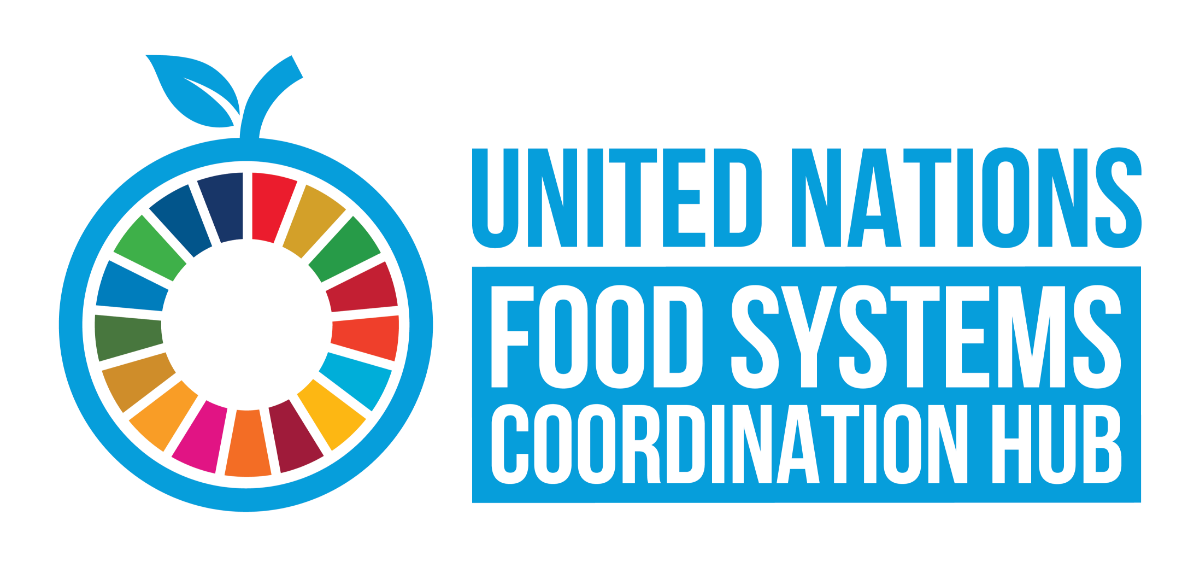
.tmb-th600x400.png?Culture=en&sfvrsn=126b753a_3)
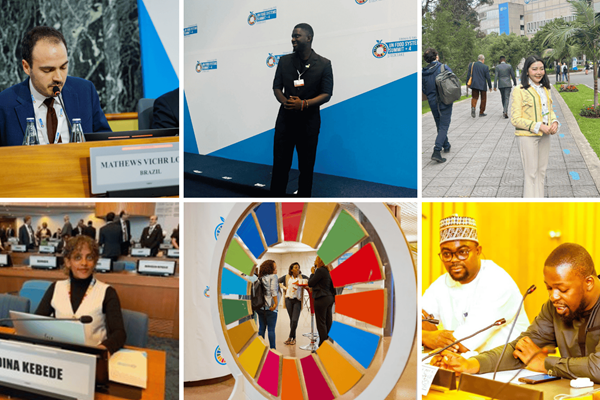
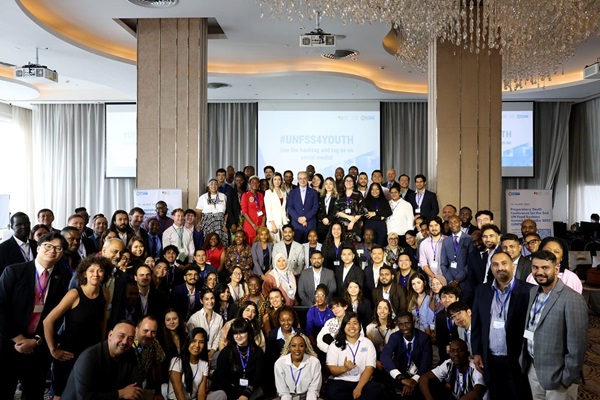
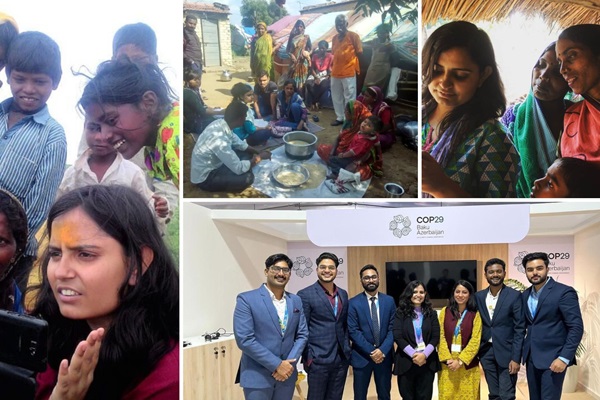
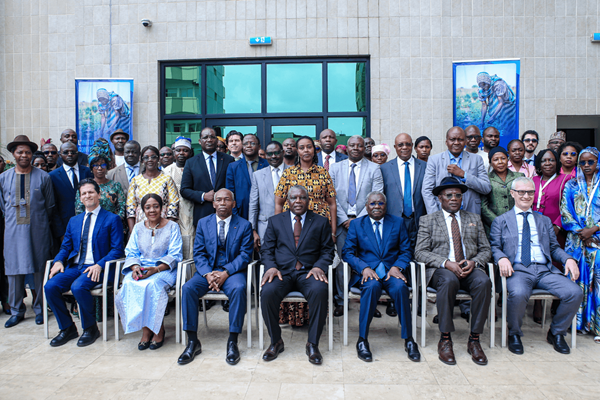
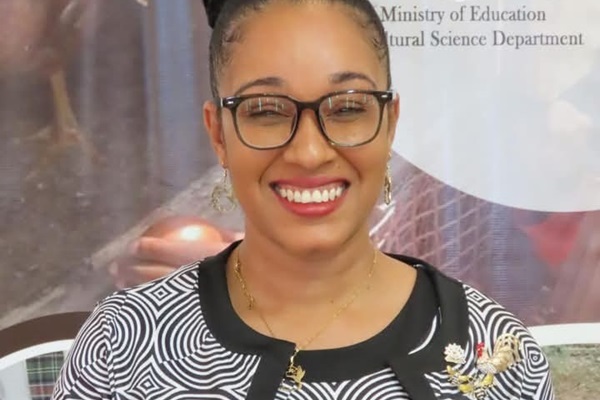
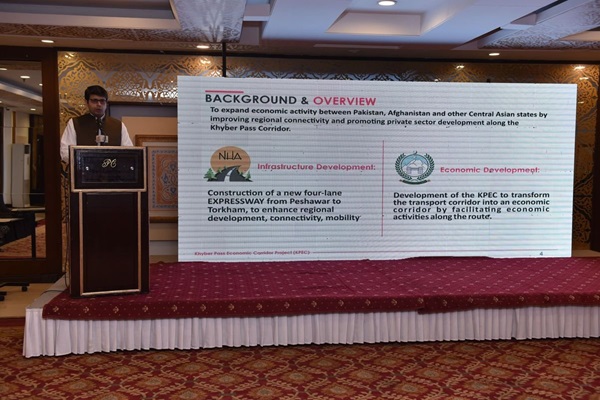
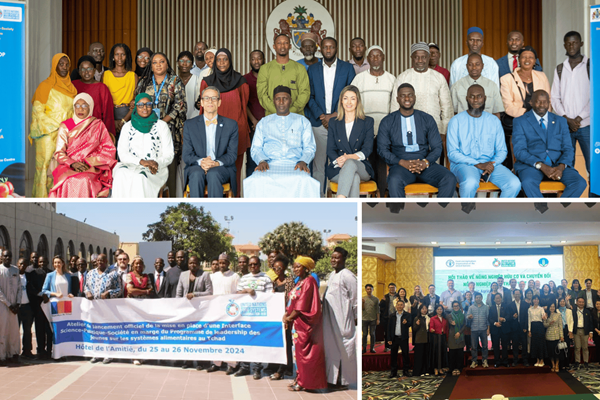
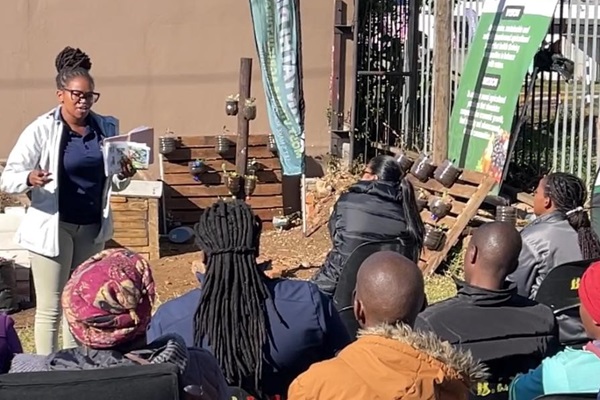
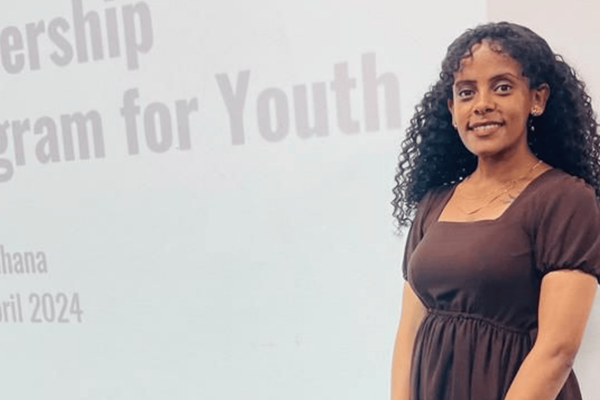
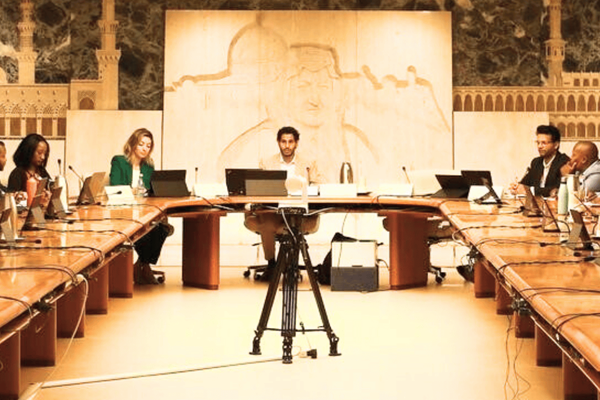
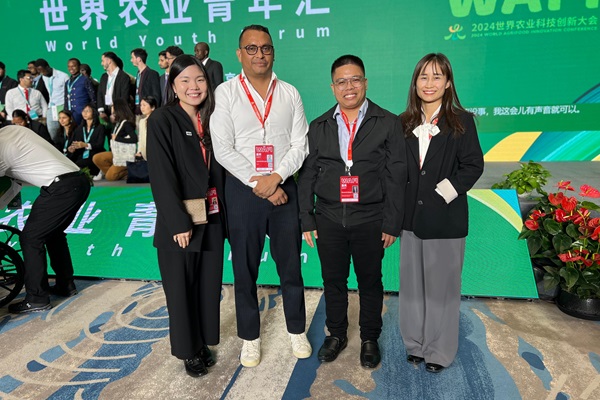
.tmb-th600x400.png?Culture=en&sfvrsn=b318997f_3)
